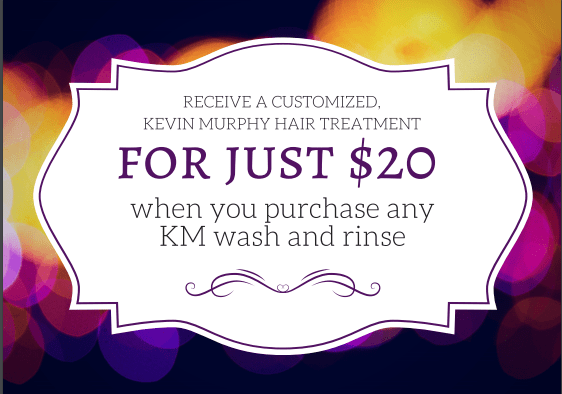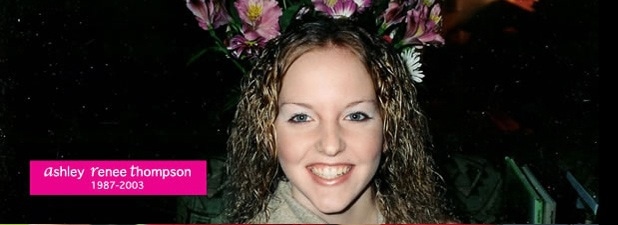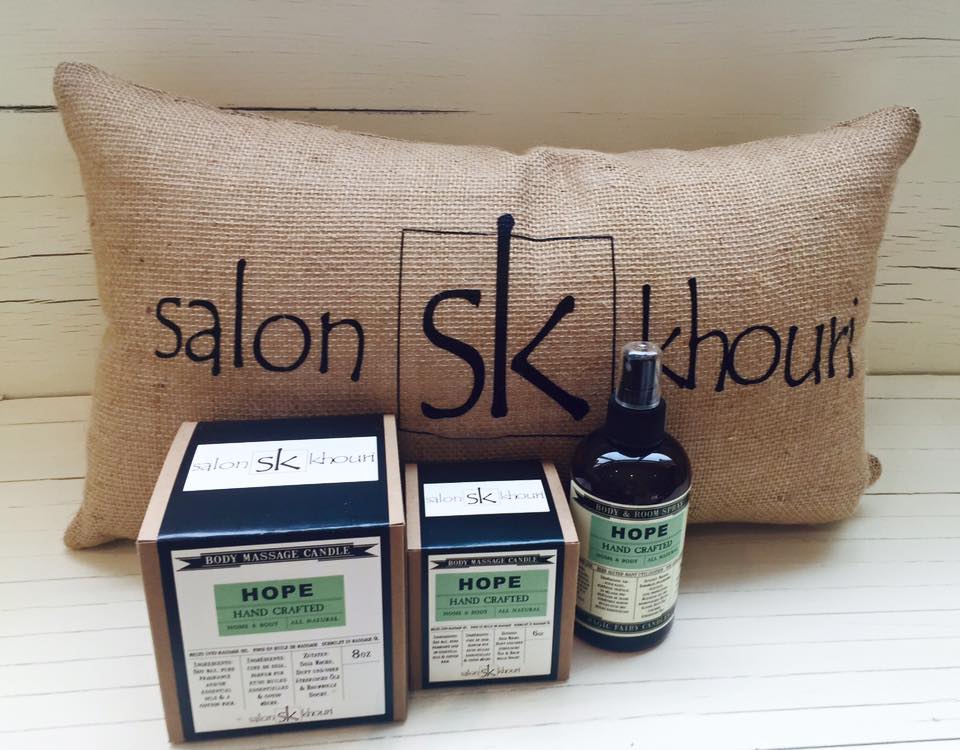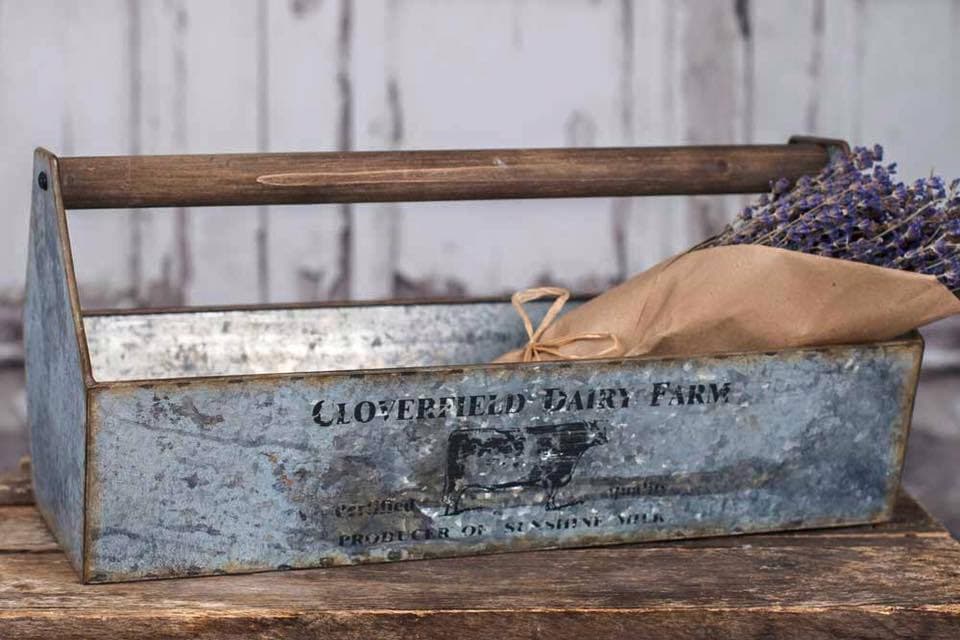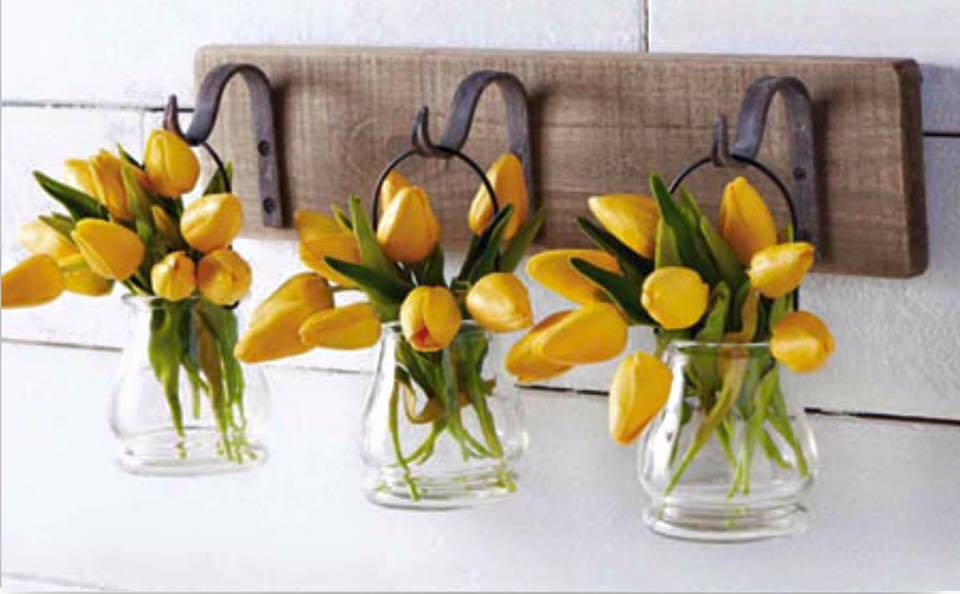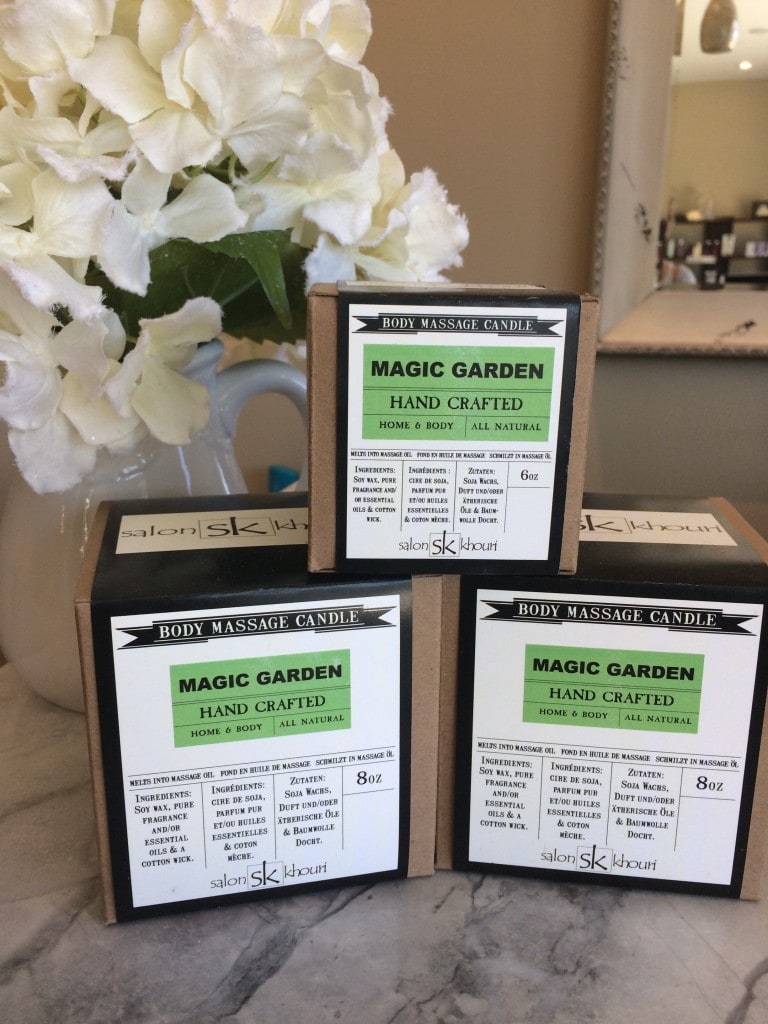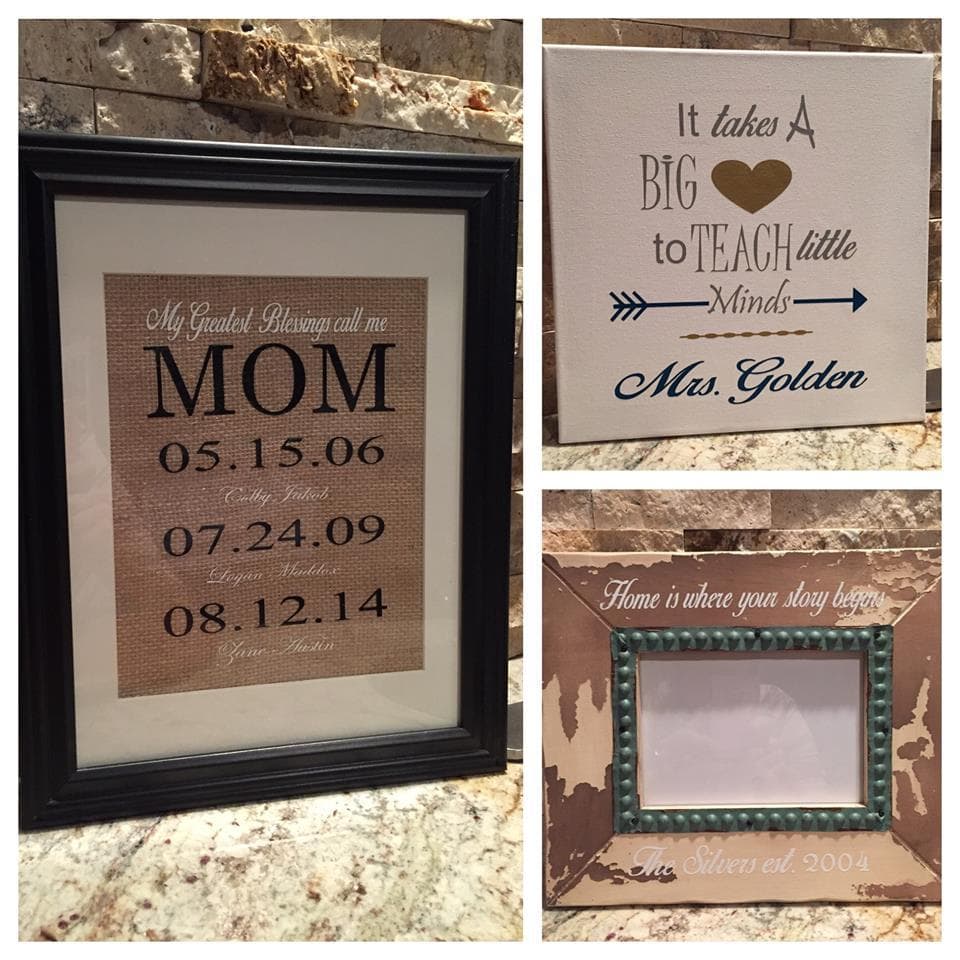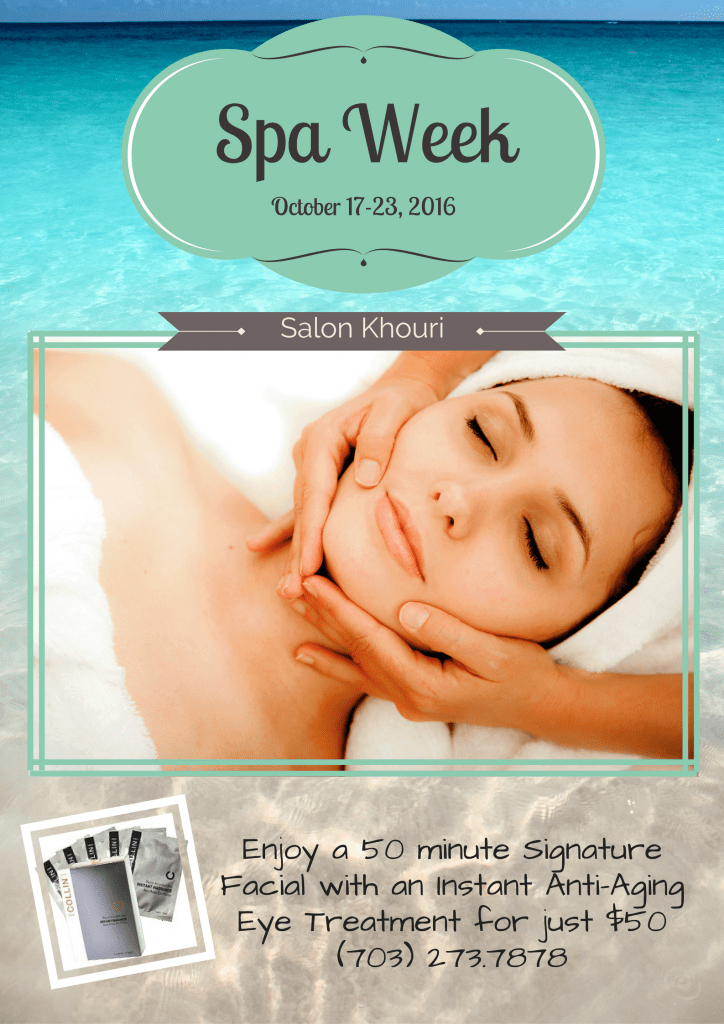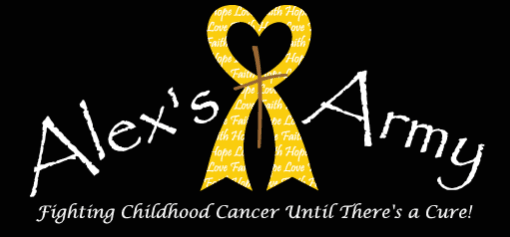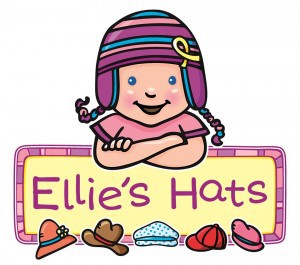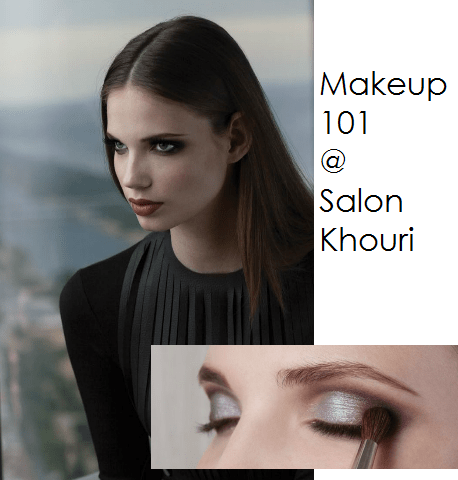We get a lot of people who call the salon and sheepishly say, “I would like a … foil … or ombre/balayage. I’m not sure really what the difference is!?” We agree, it can get confusing, so we’ve put together this (hopefully) helpful guide to walk you through the differences between these various lightening techniques. We are also going to add in traditional color here, as well as another term, sombre, to hopefully provide a thorough guide for everything. All images below are of our work at Salon Khouri.
Color
When a client comes in for color, we apply one shade of color to the entire hair. The color is one dimensional as no highlights or low lights are added to the hair. The photo on the left is an example of all over color.
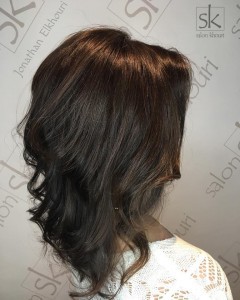
Balayage
The word balayage is a French word that means ‘sweeping’, which derived from balayer ‘to sweep.’ When performing this technique, stylists will paint freehand, in a sweeping motion, the highlights onto the hair using a board. Balayage has various styles — everything from a dark, rooty balayage, to ombre or sombre, all the way to babylights. The word ombre is a French word that translates into shadow or shade — so, ombre is the style and balayage is the technique used to create the style. We’ve put together a few photos of our work below with captions on the style of balayage.
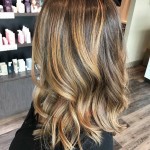 Balayage
Balayage
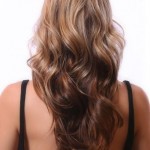
Ombre
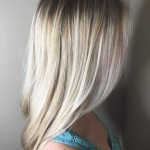
Babylights
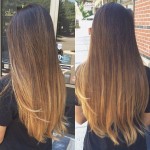
Rooty balayage
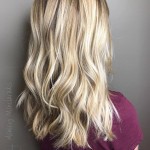
Balayage
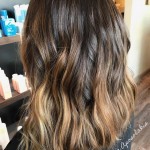
Ombre
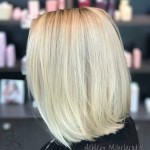
Babylights
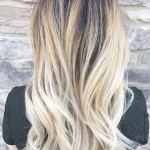
Rooty Balayage
Foil Highlights
Ahh, yes, the familiar technique that we all know well! Highlights have been a staple in American hair culture for decades, and will likely remain on the top list for decades to come. Highlighting uses foils that are taken right to the root, to produce lighter strands of hair from roots to ends.
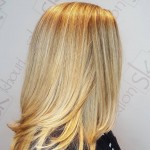
Partial Foil Highlights
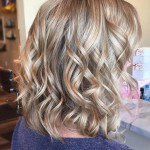
Foil Highlights
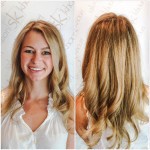
Foil Highlights

Foil Highlights
Toners
Toners are used to create a custom color after a highlighting service. When you lift hair with lightener, you are exposing the underlying pigments in the hair. Some pigments are more red, others more orange, while others are more gold or yellow or a combination of pigmentation. A toner allows the stylist to take the unwanted tones and turn them into gorgeous results such as ash, beige, champagne, pastel, or icy-white.
~~~
We hope this guide has helped. We are happy to answer more questions you have – simply call us at 703.273.7878 to schedule a complimentary consultation with one of our highly trained stylists!

